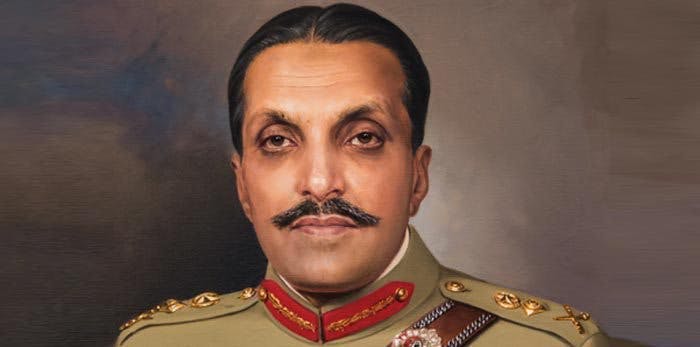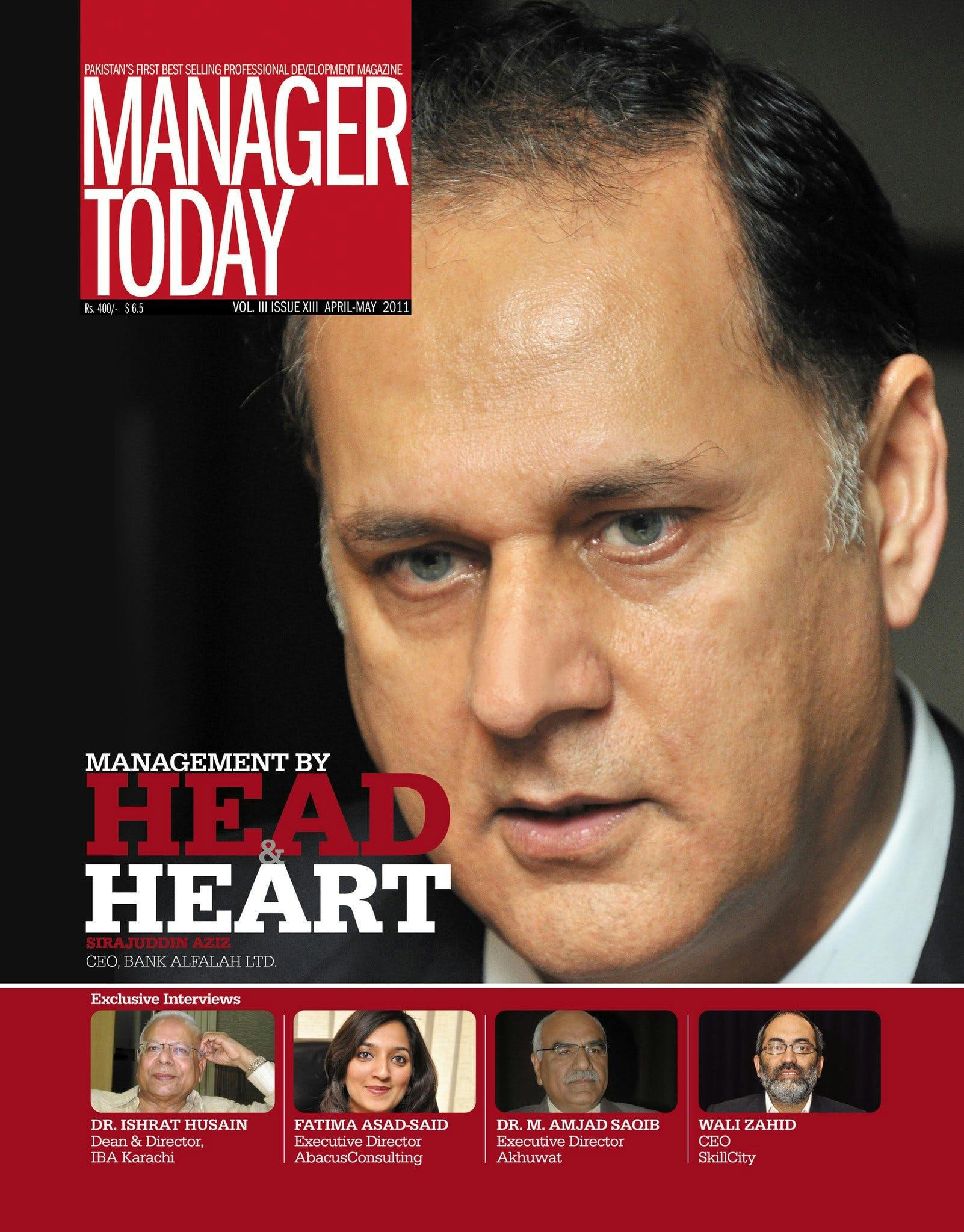Wali's tribute to his university teacher
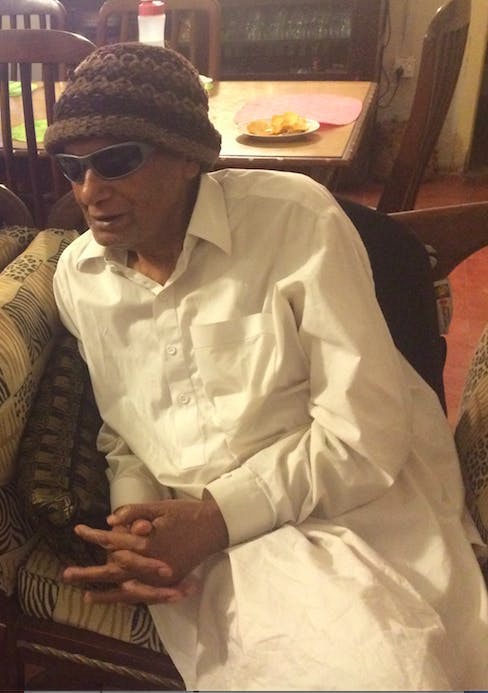
Last month, Thomas L. Friedman, author of best-selling The World is Flat, published an op-ed piece in The New York Times, screenshot below.
Referring to Gallup’s engagement research which I had been using in my leadership workshops for over a decade, Friedman writes:
What are the things that happen at a college that produce “engaged” employees on a fulfilling career track? According to Brandon Busteed, the executive director of Gallup’s education division, two things stand out: Successful students had one or more teachers who were mentors and took a real interest in their aspirations, and they had an internship related to what they were learning in school.
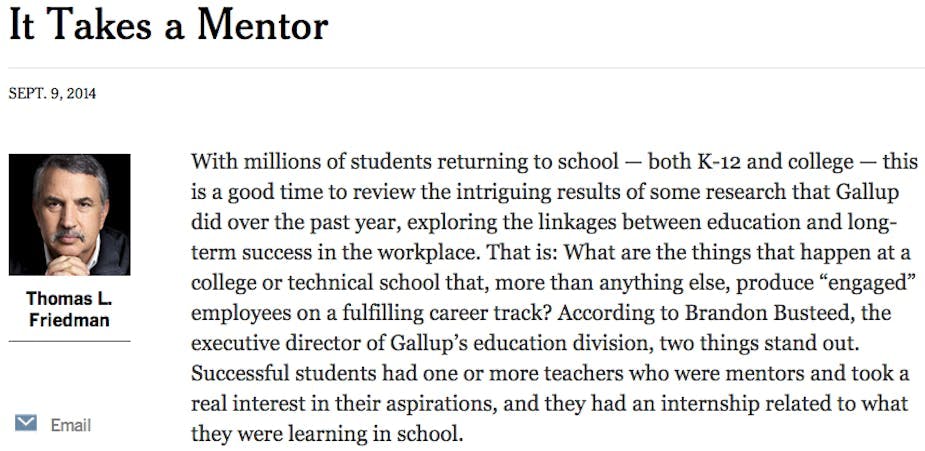
In my case, I was lucky to have both. And it was in the same person: Professor Zakariyya Sajid, Chairman, Department of Mass Communication at Karachi University.
This 14 Aug Independence Day, he was nominated for Presidential Award, Tamgha-e-Imtiaz for services in education.
My relationship with 86-year-old Prof Sajid spans three decades now. With him I have had many firsts. Let me pick a few memorable takes:
TAKE ONE
It was mid-1980’s. After a BA in Journalism from Lahore, I was wondering where to head for my future education. Knowing a few journalism-department teachers at the Punjab University, Lahore, I had developed a dislike for the smallness prevalent at university there. This brought me to Karachi University.
Here, I found out that they can’t admit students with Punjab domicile in the journalism department. One of my cousins, Prof Dr Ihsanul Haq (a thank-you note for him, later), who chaired another department at KU, could accept students from other provinces so I was enrolled there.
After a couple of weeks, I was now eligible to transfer to journalism dept. What we needed was the approval of Chairman of Journalism Department (as it was called then) and my cousin brought me to him. Enters: Professor Zakariyya Sajid.
I was an awkward-looking, thin, quiet, shy, raw Punjabi-looking boy and hardly had any positive first impressions (I still don’t have that elevator pitch). All I have had was my A-grade studies. Why bother with someone like me? Prof Sajid could have refused me entry.
However, after seeing some apparent aspiration in me and a half-cooked mercy appeal, he let me in on one condition: He’ll enroll me into Urdu-medium section because the English-medium section had already covered curriculum at a fast pace. I had no choice, but to say yes.
TAKE TWO
The first semester results came out. And, hey, I topped the exam. Not just in other, regular subjects but in the Theory of Mass Communication, which Prof Sajid himself taught.
Prof Sajid had studied this subject from the father of masscomm theory, Wilbur Schramm, during his Masters in the USA. It was a very boring, complex subject. We needed to read Schramm’s American books in English and then reproduce in Urdu. Students would often fail because the terms were so unfamiliar.
My acing the semester shocked many but it became the head-turner for Prof Sajid. He had a sense of relief that he made the right decision in letting me in.
From now on, he would introduce me to departmental visitors and other faculty that I topped the impossible Theory paper and that I am likely to be his khalifa (deputy).
Knowing that I had a moment of approval, I requested to be transferred to English-medium section. Which he hesitatingly approved with a caveat: that my grade may be affected because of the change of medium late into the academic year. I knew that it won’t, but I didn’t have evidence. The competition there was fierce. We had students from overseas.
When the second semester results came, I topped in the new English section too. I was now in the race for gold medal and a likely scholarship to study in the USA or being appointed a lecturer at the KU.
I dropped out of race in the last semester because in one paper (TV Journalism) I couldn’t wake up until after 1.5 hours of a 2.5-hour exam. The teacher, Shahida Kazi, now a Dean at Jinnah Women University, disallowed me extra time in spite of my plea that I was aiming for gold. The difference of marks between the topper and me in that paper was so wide. The race for gold was over.
TAKE THREE
Prof Sajid took me to the first radio program on language and culture and we had to speak without prepared text. It was very confidence-building.
I soon started a weekly campus column in a paper called The Morning News, founded by Quaid-e-Azam, which then was the next best thing after Dawn, also founded by Quaid-e-Azam, and occasional pieces in Dawn and its sister paper, The Star. Prof Sajid would read every piece and comment.
Once, when reviewing a lecture on American History at the US Consulate in Karachi, I wrote negative comments about the Pakistani-American speaker (whom Prof Sajid socially knew), the complaint reached him before he even picked the paper.
During our meeting, Prof Sajid asked me of my reasons for critique. I said: he disappointed so much. Prof Sajid: 'Who’s perfect here? Are you not disappointing your teachers, or class-fellows?' I kept quiet. He was an oft-forgiving person. And he wanted his students not to be too critical of others.
In fact, he had a paradoxical blend of forgiving and being overly critical. For example, when Javed Jabbar (JJ), who lectured us on copywriting, became a federal minister in Benazir Bhutto’s first government, he asked JJ in my presence why he became a minister while he could have done something more constructive (dhang ka kaam). To his students, he had set the bar so high that no achievement met his blanket approval.
With the goodwill he have had in the industry and all schools of thought, Prof Sajid was able to pull good faculty of all types - full-time, visiting and guests speakers. MNJ’s Javed Jabbar was such a person. He lectured us on copywriting. TV and film actor Rahat Kazmi came to speak on life in TV. Orient’s Masood Hashmi (now President, Marketing Association of Pakistan) taught us a semester course on advertising.
On two occasions, when the then President Ziaul Haq came to events related to our department, Prof Sajid got a special invite for me and where possible would introduce students to the President.
TAKE FOUR
Internship 1: Now that I was proving to be promising, Prof Sajid sent me to Asiatic Advertising (now No 1 ad agency JWT) as an intern in English copywriting. My host was Anwar Rammal, himself an advertising legend. A keen buyer of special editions, Rammal opened his whole library selection to me – books and magazines I couldn’t afford to access in my lifetime with my own money.
Internship 2: When I realised that copywriting and slow pace of advertising is not suited to the impatient in me, I asked Prof Sajid for another favour: internship in Dawn. Prof Sajid regretted, saying he has already sent my classmate, Shahab Zafar’s name to Dawn. Shahab later became media adviser at the US Embassy in Islamabad and still serving.
I was lucky that I had interviewed Ahmad Ali Khan, the legendary Editor of Dawn for nearly three decades, for a book by another teacher, Dr Tahir Masood, now, chairman of MassComm at KU. So, with Prof Sajid’s permission, I reached out to Khan Sahib for placing me in Dawn as an intern. Khan Sahib had favourable impression of me during the interview I did, so he let me in.
Here, at Dawn newsroom, another divine intervention happened. Because I was late on Day 2, I slipped into the night shift Abdul Ahad, the then Edition-in-Charge, was managing. He was a brutal man, known for his competence, skill, an eye for detail, perfection and at the same time, being very nasty if you make a mistake in editing or headlining.
Abdul Ahad also had a great eye for talent, and offered me a full-time job only after three days of internship. He said: your speed and accuracy are far more superior than many long-time staff here. I remember crying that day.
If there’s one single force after Allah which prepped me for my future accomplishments, Abdul Ahad was the man. About him, another time, insha Allah.
Relationship with Prof Sajid continued after graduation.
After his retirement, Prof Sajid became Director of Press Institute of Pakistan (PIP). In 1988, I moved to Lahore and started working with The Nation before a place in Dawn Lahore became available. When after President Ziaul Haq’s death and before next elections, Prof Sajid’s PIP arranged a seminar on Parliamentary Reporting for reporters, he involved me in managing the event, a minimal role.
After Dawn, I joined The News, Lahore, in 1991 and became Editor in the first year of its launch:
The youngest Editor of an English-language daily in Pakistan.
Both Prof Sajid and Abdul Ahad had played a role in my making this history. Any steps that these two people took, if they hadn’t, my life would have been entirely different.
When I resigned from The News, and moved to Islamabad, I decided to set up a journalism training institute, called Institute of Mass Communication (IMC) at F-7 Jinnah Super Market. I asked Prof Sajid to become the honorary Chairman. He kindly accepted.
During that time, when his PIP arranged a seminar on Legislative Reporting with funding from The Asia Foundation USA, Prof Sajid asked me to lead the logistics and made me RSVP for the seminar. With Yousaf Raza Gillani, then the Speaker National Assembly, and later Prime Minister of Pakistan, as the chief guest, it was an important affair.
It was this seminar that brought me to meet future Prime Minister Yousaf Raza Gillani, his wife and Federal Secretary-General National Assembly Lughmani at a Berlin, Germany, restaurant face to face with German think tanks and newspaper editors. They were there on a German government invite.
Many years later in 1999, when I became the Associate Dean, Faculty of Media & Communications at ILM/Hamdard University Lahore campus, now called UMT (University of Management & Technology), I requested him to mentor us.
Personal and family
I changed cities and homes. Prof Sajid was able to visit all of our homes in Lahore, Islamabad and Karachi. He loved the food my wife cooked for him. He remembered the names of each of our six children and was updated on their school or university progress.
As if this was not enough, we had other overlaps too. Prof Sajid’s daughter Ainee became the French teacher of our daughter Sara. His grand-daughter Sana went to the same University of Kent at Canterbury where I went for my PhD (unfinished). Small world.
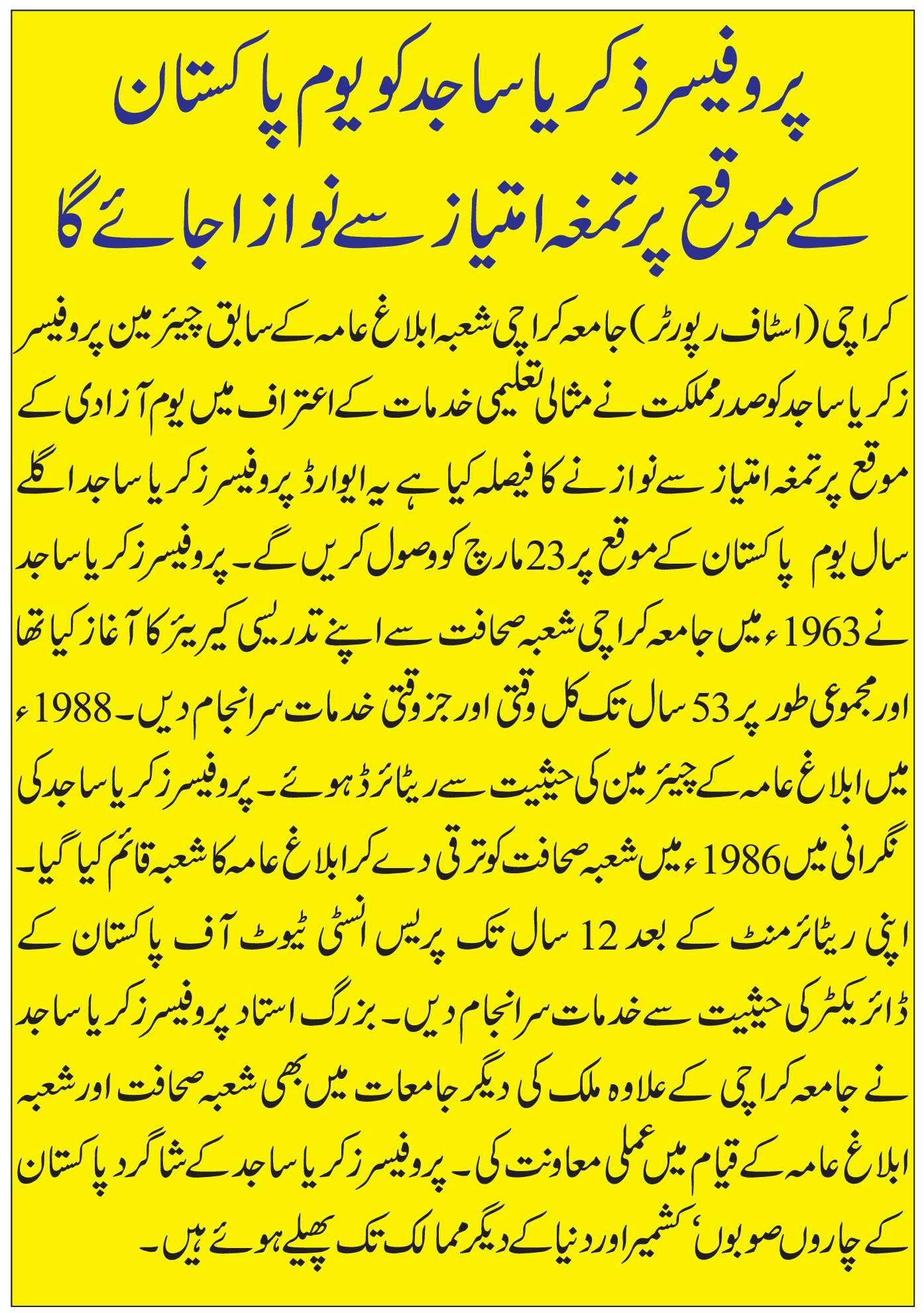
Tailpiece
If you ask any of thousands of his students and teachers, everyone will have a story like mine. It was an unusual gift Prof Sajid was bestowed upon by Allah: treating everyone as if they were very very special.
The last I spoke to him was on 14 August this year when my article on Pakistan of Future was featured in The News, the same day Prof Sajid was nominated for Tamgha-e-Imtiaz.
18 July 2024: Prof Sajid returned to His Creator today at age 96.
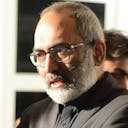
Wali Zahid
Wali Zahid is a longtime China watcher and a Pakistan futurist. An award-winning journalist, he writes on issues of significance to Pakistan and CPEC & BRI.
Related posts
